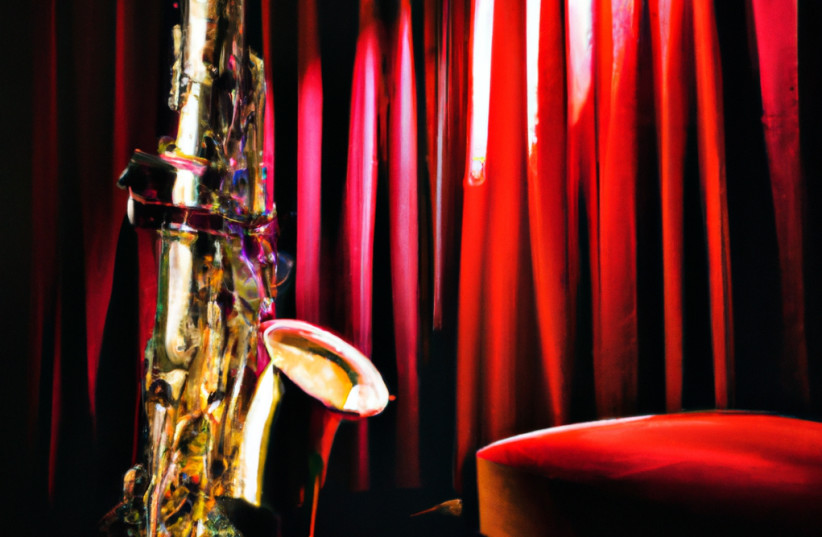The Jerusalem Jazz Festival is always a fun affair, especially since it was rescheduled from its winter slot to the summer. Last week’s ninth edition took full advantage of the user-friendly meteorological conditions with a bunch of outdoor concerts in various spots around the expansive hilltop perch, and plenty more dotted around the galleries inside the museum’s sprawling edifice.
The first evening’s highlight was the eagerly awaited appearance of octogenarian Malian guitarist and vocalist Boubacar Traoré. And the gent did not disappoint, emitting an energy and dynamism rare in artists half his age. This was a stellar delivery of songs from deepest tribal domains. These were numbers fueled by the customs and traditions lived and practiced by Traoré since birth.
The high-octane bluesy feel was pushed to the limit by the powerful, emotive, and virtuosic performance of French harmonica player extraordinaire Vincent Bucher, Traoré’s longtime trusty companion in stirring synergy. It really was hard to believe that this was a man in his eighties leading from the front and bringing us some pungent whiffs of the physical and musical landscape of Mali.
There was more in the way of exotic – as in, non-Western and not from this end of the Mediterranean – sounds and sensibilities with the opening slot of the last evening, on Thursday.
A capella talent
Bulgarian female a cappella ensembles were the in thing here for a while, back in the nineties and early noughties. Le Mysteres de Voix Bulgares came over here, on several occasions, to perform at the Israel Festival and other events. It was a real blast from the past when I settled into my folding chair to hear and see the Eva Quartet do their non-instrumental thing. Their close harmonies and occasional abrasive vocal ululations were a balm for the soul, particularly against a backdrop of the darkening evening sky over the city.

The hit of the two days I caught at the festival was undoubtedly the confluence between Hagiga and celebrated American trumpeter Dave Douglas. The Israeli group is led by saxophonist Alon Farber who has, somehow, kept the band together for over two decades, albeit with several changes in personnel. Judging by the gig at the Israeli Art gallery last Thursday he has done a good job at maintaining seamless transitions and recreating the cohesion that has been a Hagiga hallmark since the release of Exposure back in 2003.
The team-up with Douglas, despite only managing a single rehearsal together, was as smooth as one would expect from a unit that had been traveling the road together for years. The show had everything, cutting-edge sounds, delicious harmonies and melodic lines, and bucketfuls of energy and creative sparks. There were also lush creamy slower passages reminiscent of yesteryear’s big band sounds, but all the players got their chance to shine in solo spots, and all did the business, individually and as a simpatico tight collective.
If it was virtuosity you were looking for, Rafael Riqueni provided that in abundance. The 60-year-old Spanish guitarist delivered intricate licks and red hot arpeggios by the score, and all with a beatific smile on his face. Flamenco-seasoned lines segued into blues-tinted departures, unfurled with nary a bead of sweat. The response from the audience bordered on the ecstatic.
The later Israeli Art gallery berth featured a far more calculated and cerebral program by the Julia Hülsmann Quartet. German pianist Hülsmann has recorded eight albums for the ECM label over the past 15 years. That’s a pretty prolific output and there was much of the recording company’s singularly atmospheric textures about the show. All the players were clearly proficient at their craft and flowed in the same direction, but this was a far more considered exercise than the Hagiga-Douglas spot.
